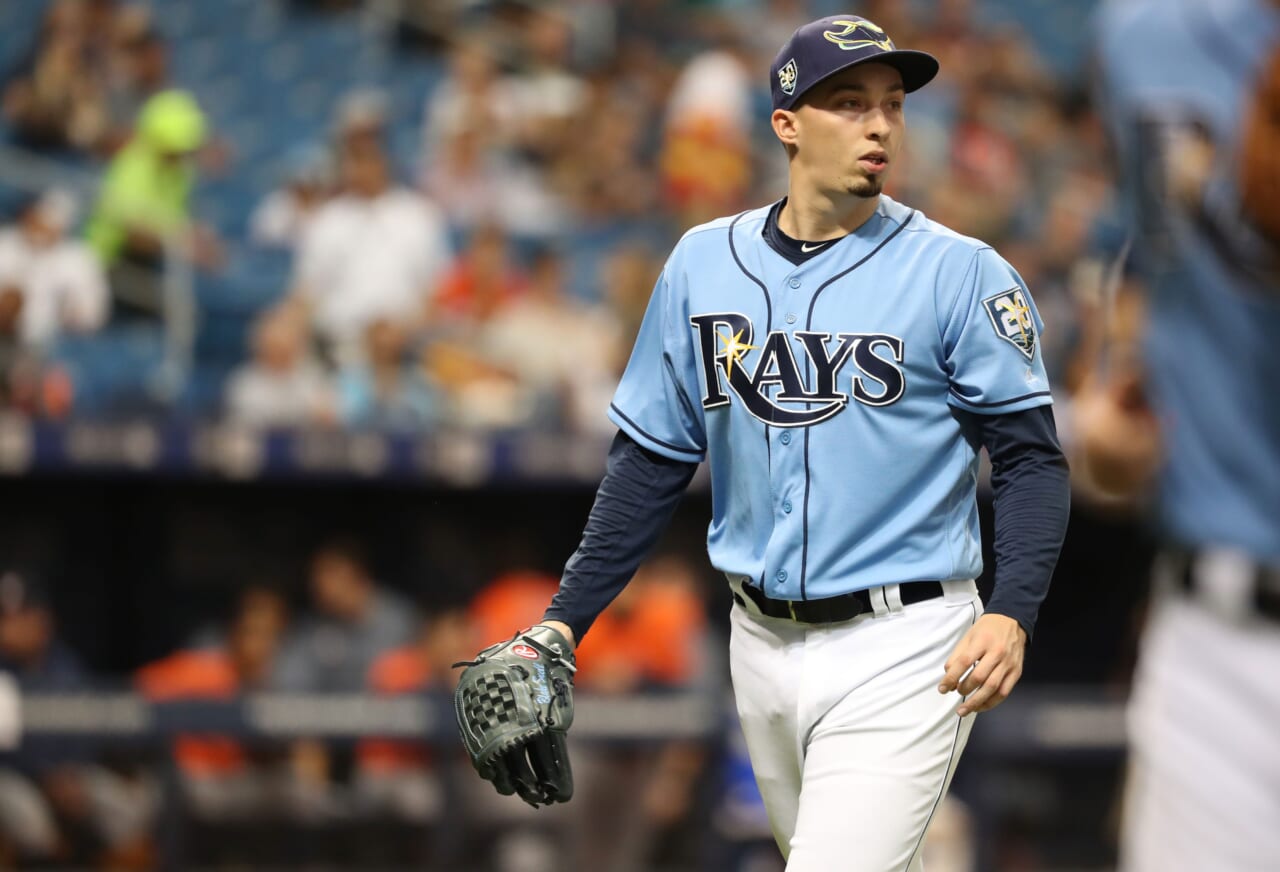Players let the MLB know that they are not happy
New York Yankees players have been unusually silent on the ongoing negotiations between the MLB and the Players Association. Some other players and ex-players haven’t been so quiet. First, ex-Yankee first baseman Mark Teixeira said the players need to accept the MLB plan for the good of baseball and the fans.
YES Network’s Michael Kay said that this week will be ugly and that fans will be up in arms with millionaires fighting billionaires as the country has 80,000 dead from the coronavirus and all the people unemployed. It’s the last thing fans want to hear and it’s bad for the sport. He also indicated that the sides have to come together so that baseball can begin.
Cleveland Indian Trevor Bauer hasn’t remained silent either, on Tuesday he let it all out saying:
My reaction to the @Mlb return to play proposal. It’s laughable. @AgentRachelLuba makes some very good points here regarding the proposed revenue split and the problems with it.â€
On Wednesday the first MLB player came out and said I won’t play with pays cuts and in doing so cited the risk involved. In the video below Tampa Bay Rays ace Blake Snell made his case as to why he won’t play.
The bottom line in all of this is as I said earlier these negotiations are going to be ugly, and what your seeing is all posturing. Players are trying to get owners to budge and relent on the revenue sharing demand in the plan. In this writer’s opinion after a bunch of back and forth, the sides will come together and there will be a baseball season. Right now my concern is that they can get this behind them quick enough to have a season that is valid.
Manfred addresses health concerns
On Thursday’s CNN Global Town Hall with Anderson Cooper and Dr. Sanjay Gupta, Gupta asked Manfred about the possibility of the players union not agreeing to come back because of a potential pay cut and that the health risks might not be worth it.
“Whenever there’s a discussion about economics, publicly people tend to characterize it as a fight,” said Manfred. “Me, personally, I have great confidence that we’ll reach an agreement with the players association both that it’s safe to come back to work and work out the economic issues that need to be resolved.” If there’s no season, losses would be “devastating” for the teams, Manfred said.
“Nothing is risk-free in this undertaking,” Manfred said. “We’re trying to mitigate that risk with the repeated point-of-care testing to make sure that people who have had contact have not been exposed, and by obviously removing those individuals that have a positive test, they will be quarantined until they have two negative tests over a 24-hour period.”
